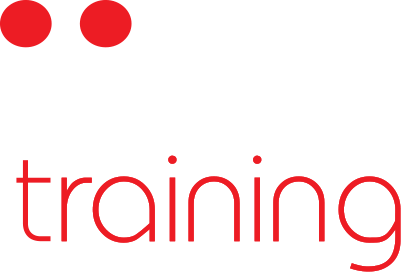There can be no doubt that the IT field is growing, and at an incredibly rapid rate. Across all industries, IT is an increasing part of the entirety of how a business is run, from manufacturing to marketing to controlling data and everything in between, IT skills are in high demand.And through the year 2020, jobs in the IT industry are slated to grow by 22 per cent, according to CompTIA's IT Industry Outlook of 2013. What does this mean for you as an IT industry professional or someone who utilises advanced technology on the job? The call has been made to develop and improve a host of IT skills, through training, education, and certification.
The Must-Have IT Skills
To be truly competitive in the job market, there are a few highly-demanded IT skills one should develop. Big data, security, virtualisation, and cloud computing seem to be at the top of every employer’s list. Not only that, but employers are continually seeking employees who have skills that stretch across disciplines and areas of expertise--a well rounded individual with varied experience is the prime target.
Big Data
As companies grow, knowledge and understanding of big data becomes an increasingly sought-after skill. Not only do IT professionals require a strong grasp of big data in terms of storage, but the ideal candidates will have skills in analysing this data and turning into well-defined strategies for businesses.
Cloud Computing
As data grows and security worries may be present, the world of cloud computing is fast making headway. Business are moving away from traditional physical data centers onto the cloud, and realising that this is a wise and cost-effective decision. IT professionals should seek training in cloud computing and SaaS infrastructure.
Security
Tales of major hacking, infiltration, and compromised data make big waves in international news. As entire systems become more complex, there seems to be more room for error. Experts in cyber-security are in massive demand by nearly all businesses. Brushing up on these high-level skills will ensure your employment, perhaps helping a top company keep its data safe and secure.
Virtualisation
Virtualisation helps improve productivity and lowers operating costs for companies, so more and more businesses are making the leap to virtual servers. IT professionals with skills in this area are in great demand, as the understanding of the complex web of applications and operating systems is necessary for success.
Other Vital IT Skills
In addition to the major skills highlighted above, other IT skills are continually in demand and will continue to be important in the future. A strong understanding of mobile technology is vital, as mobile development takes off. These skills will be applicable to a variety of operating systems. A grasp of high level technical languages such as Ruby, Python SQL, and Java are quite in demand for IT professionals, as is experience with NoSQL databases like Redis and MongoDB. Additionally, certifications are always an advantage when seeking employment as are more universal IT skills such as graphic design. Lastly, employers are always anxious to hire IT professionals who have experience in supplementary arenas such as marketing and design. If you are in the IT industry, it will be vital to keep pace with advancing technology in the years to come. At IIT Training, we strongly emphasise the need for ongoing training and skills development. Check out our schedule of upcoming workshops to see if one is right for you.


